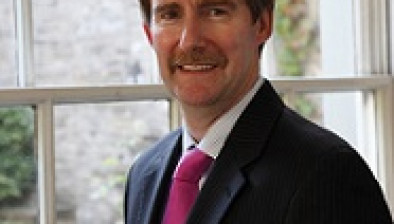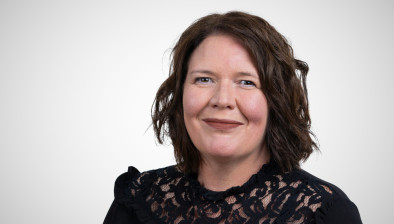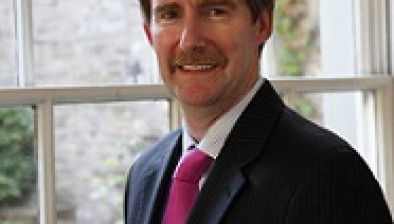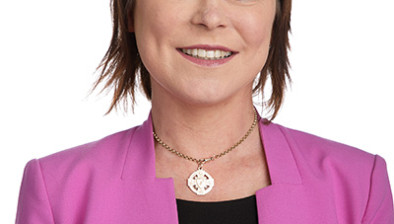New equitable briefing policy to promote equality of opportunity for female barristers
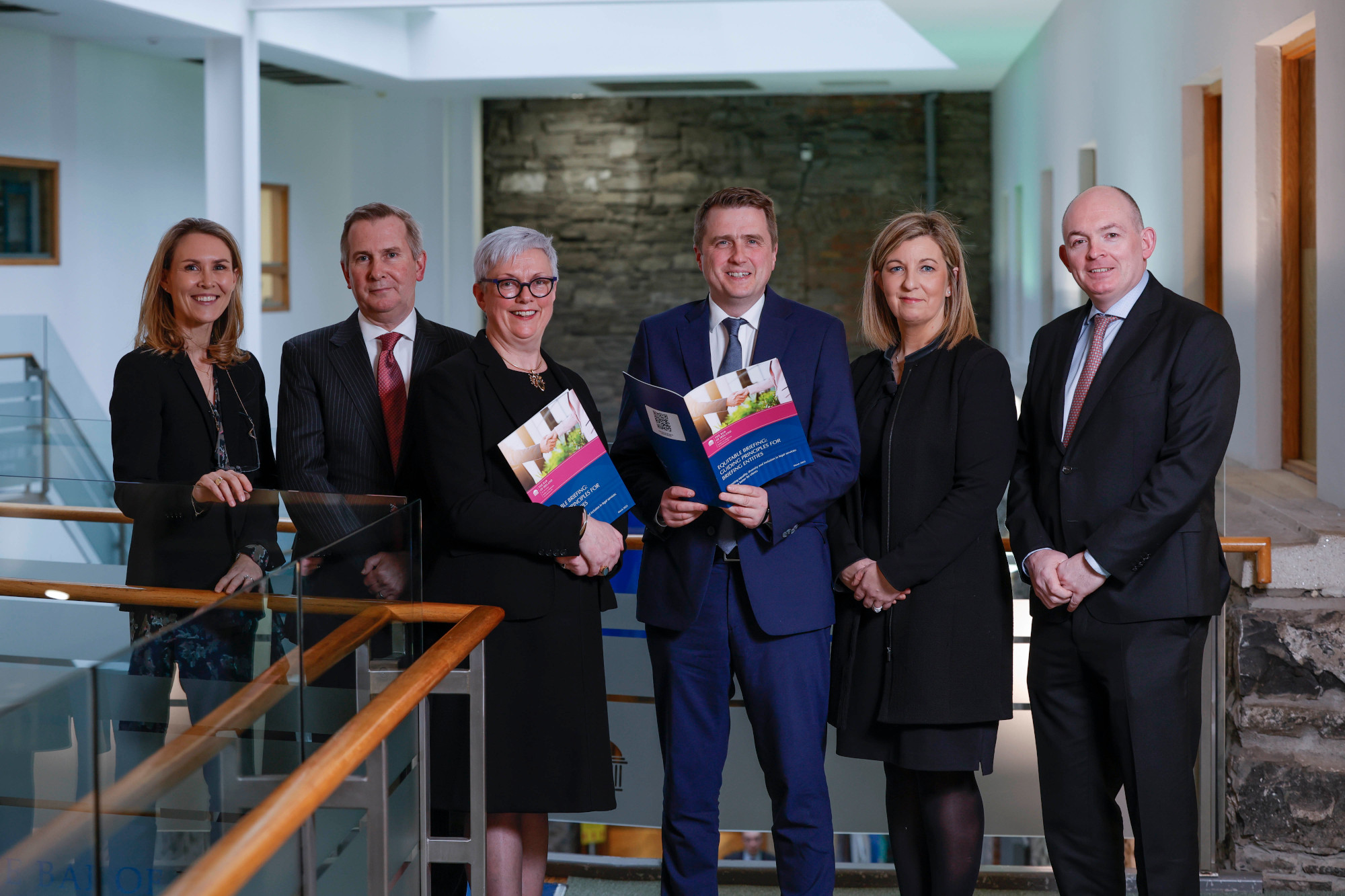
Pictured (left–right): Caoimhe Clarkin, Mr Justice David Barniville, Sara Phelan SC, James Browne, Aoife Farrelly BL and Rossa Fanning SC
The Bar of Ireland has launched a new policy aimed at promoting equitable briefing amongst male and female barristers.
The Equitable Briefing Policy is a targeted initiative which asks signatories to consider the gender of counsel once the objectives of seniority, expertise and experience have been satisfied.
The Policy is a voluntary scheme which solicitor firms, state agencies and other organisations with briefing-making authorities are invited to support. These entities are asked to give genuine consideration to female counsel with a view to increasing the number of women briefed in practice areas where they are infrequently briefed.
James Browne, minister of state at the Department of Justice, opened last night’s launch, emphasising that “actions speak louder than words” when it comes to conversations around gender diversity in the workplace. Mr Browne welcomed the Policy and the objective to “make equality of opportunity in the legal sector a reality rather than an aspiration”.
“Embedding gender equality, human rights, diversity and inclusion in the legal profession is also a priority for my Department,” he said. Mr Browne also outlined the importance diversity objectives in the selection of judges and equity of access to the legal professions.
The launch also included a panel discussion involving Mr Justice David Barniville, president of the High Court; Attorney General Rossa Fanning SC; Sara Phelan SC, chair of the Bar Council; and Caoimhe Clarkin, partner at DLA Piper LLP.
Mr Justice Barniville outlined his strong support for the objectives of the policy. While the ultimate choice of counsel will always be with the client and solicitor, it was important to ensure that the Bar was a meritocracy. To that end, Mr Justice Barniville pointed out that, in order for the concept of a meritocracy to apply, there must be equal opportunities for everyone at the Bar.
Clients and solicitors must know that there are “brilliant female barristers as well”. Mr Justice Barniville queried why women may have been “pigeon-holed” into certain areas of practice and why there were not more women in Commercial Court cases. The issue was improving but “there is a lot of territory to go there”. As a judge, the most important issue was that the best barrister is in front of them, whether male or female.
The Attorney General also supported the Policy and gave detail on the briefing policy for his office. He noted that the “essential criteria” was quality of counsel and that the stakes were too high but to retain the best counsel. He also had a statutory responsibility to ensure fair and equitable patterns when briefing external counsel, but it had to be acknowledged that some are better than others.
The real challenge for the Attorney General’s office was to be fair to “up-and-coming” barristers, or those otherwise less established. It was important to engage newer or younger barristers who may have less experience as the AGO must always “have an eye for the future”.
To that extent, the Attorney General had refreshed the guidance for adding suitably qualified women to briefing panels. There was also a new application form for the nomination of counsel which allows a person to outline their education, prior work experience and other matters. This was necessary as it could not be expected that a young barrister would have dozens of reported cases, Mr Fanning said.
Mr Fanning outlined that the Policy would help level the playing pitch for female barristers, but cautioned that the Bar would always be an extremely competitive work environment. The best way to guarantee equality of opportunity was to ensure equality of information, he said.
Ms Clarkin identified the challenges in the private sector for retaining women in law. While DLA Piper had no issue in attracting talent both male and female, retention of women after approximately five years was more difficult.
It was really important to consider this loss of female talent after a certain point in their careers, Ms Clarkin said, noting that the tools were “not always there” to support women. It was also necessary to develop a culture of proactivity in gender equality and there could not be any complacency “that someone else will get it right”.
Ms Phelan stressed that the Policy was all about raising awareness and opening a conversation with briefing entities on the issue of equality. The Bar also had its own role to play in promoting its female members. For example, this could be done through CPDs and networking events. Ms Phelan also discussed unconscious bias in briefing women and how raising awareness should help to overcome this.
Mr Justice Barniville said that gender equality was critical in the public perception of the administration of justice. The recent appointments of women as judges had “absolutely enhanced the work of the High Court”.
There could be no real, legitimate disagreement about the concept underpinning the Policy and it was important not to be “hung up about the detail”, some of which might be controversial, he said.
Ms Phelan outlined that there were already a number of signatories to the Policy and the Bar Council was hoping that this number would grow following the launch event. She concluded the discussion by stating her hope that the Policy becomes so embedded in general briefing of counsel that the next generations will ask why it was ever needed in the first place.
Anyone seeking further information regarding the Equitable Briefing Policy is encouraged to contact equality@lawlibrary.ie.







